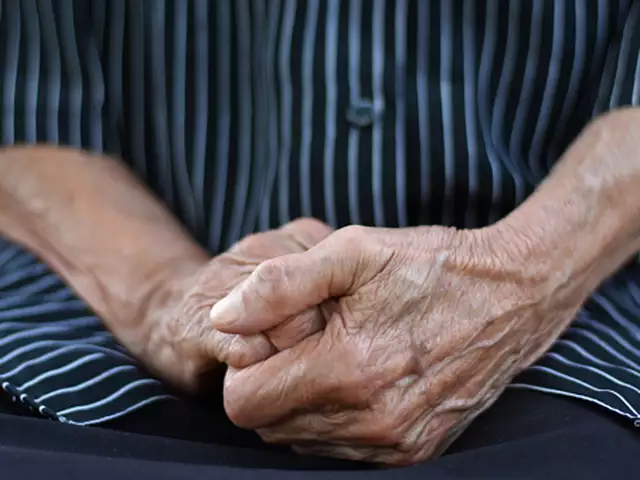Anxiety is the fear of the unknown, It is an emotional uneasiness about a particular thing you may be expecting. Most times it is the body’s natural reaction to situations we don’t know and are afraid of. Anxiety can either be severe or minor. When we are exposed to harmful experiences or insecurities a feeling of distress springs forth. Anxiety can opt from happiness, panic or stress over things.
A number of seniors have anxiety problems. Most anxiety in seniors is often undiagnosed as most seniors do not classify their excessive worry and fear over something as anxiety. Even when aware of it, they do not see a need to see a doctor because to them, it is a normal reaction to situations. Seniors are generally faced with different medical treatments and follow up due to old age in order to live a healthy life and so anxiety is often ignored. They may even think that the anxiety is just a normal emotional feeling towards a particular situation at home or fear of going to the hospital.
SOME SIGNS OF ANXIETY IN SENIORS
Seniors living with anxiety show some certain signs and symptoms. Some of them include
-
Insomnia
-
Confusion
-
Nightmare
-
Digestive issues
-
Compulsive behavior
-
Irrational Or scary thought
-
Muscle tension or soreness
-
Restlessness or uneasiness
-
Difficulty breathing and sweating
-
Short memory loss and inability to focus
-
lightheadedness or Dizziness and nausea
-
Isolation or withdrawal from people or social activities


